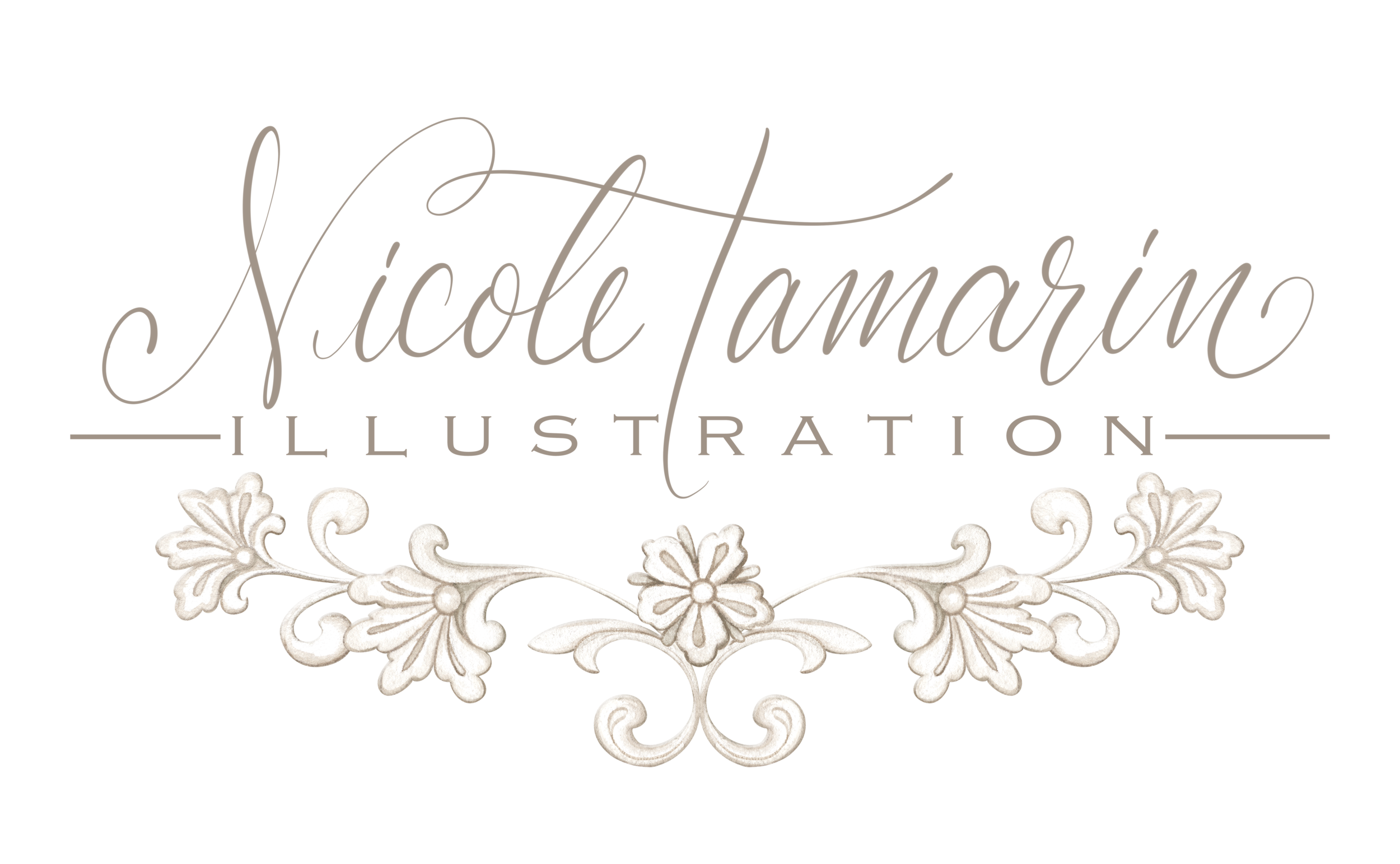Outright Sale ISN'T for Everyone

I had my first outright sale experience at this past year's Surtex and thought it might be of use for those preparing for this coming show.
I set up a meeting knowing the terms the company offered ahead of time and wasn't quite sure it was a fit but from the previous years experience I was trying to be open to the process. I thought it would give me an in person opportunity to find out more about how it would work, the type of art they would be looking for and if it worked out, the money up front doesn't hurt either! I wasn't quite prepared for the experience.
At the time of our meeting there were seven individuals in my booth with multiple books out pulling sheets from their sleeves. It felt very chaotic to me. I loved the art director, who after several emails back and forth, was in fact the only reason I had considered it in the first place. The rest of the team was very hard for me to handle. I'm used to talking with more than one person but this was different. Somehow I had my head on enough to ask some of the questions that I had about outright sale and was not that happy with the answers.
Forgive me if this is basic knowledge but I learned they are buying the rights to everything in the pattern. Meaning, if you work like I do, with lots of details and icons, they could take any of the pieces and using them in other arrangements or colors. Essentially, they could potentially create the same greeting card design or coordinate patterns that I would be able to, so you are competing, or worse, infringing on your own work without knowing it. In most cases it felt more like selling an entire collection rather than a single pattern.
The art director kept having to remind the others in her group that I was licensing and they couldn't pick from my collections. When it was all said and done I did sell one pattern, to which I was offered $100 less than I had arranged before the meeting and what felt like a car salesman line of "you really are going to let me walk out of here without these other five?" Somehow I calmly replied "yes, because I know their value". I was given the max of their range as previously agreed and the knowledge I would need to think this through before doing it again. Despite my less than ideal experience, here are some reasons you shouldn't just say "no".
Sometimes companies say "outright sale" but what they mean is "flat fee". Kind of a you say tomato, I say tomato scenario. You always want to get more details. Even in my situation it was technically a license agreement because it was only for the category of paper, meaning I could still use it for fabric, ceramic, etc, but considering the amount of work I do in stationery, greeting cards, and bags "paper" was a pretty large piece to be selling off. The most important questions to get answers to are still going to be:
category/categories they are looking to use your art for
length of time they want to use if for (term) be on the lookout for the word perpetuity which means you are selling your rights forever
Fee you are agreeing to
After asking a few questions you might be able to find out that the company is really not in need of all categories or has plans to use the art beyond a year or two. Its these questions that help you to find out what is really important to the company or what they are trying to protect against. Its a conversation and a negotiation. Sometimes, this is where you can change the agreement from Outright Sale to a License. Its in the details that you arrange. A few things I'd suggest if you are planning to be open to outright sales at Surtex.
Have a designated group of patterns and images that are kept separate from the work you license, things go very quickly and it can be a bit confusing if you are having to denote between what you license and what you sell.
Print single sided sheets that are in sleeves or presented in a stack. If an image or pattern is selected, the purchasing company expects that you take it immediately out of what you are presenting so that no other companies see it
Be prepared to take payment on the spot. I was able to invoice and send digital files after the show but companies are ready to write a check right then.
Outright sale can be all, part, or absent from your business model, I think it's just a matter of figuring out what works for you. For now, I'm holding off on that area of my business but there are many artists who have incorporated it successfully.
